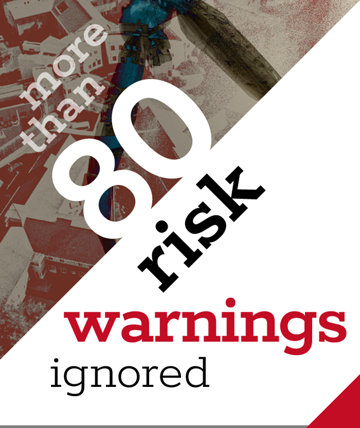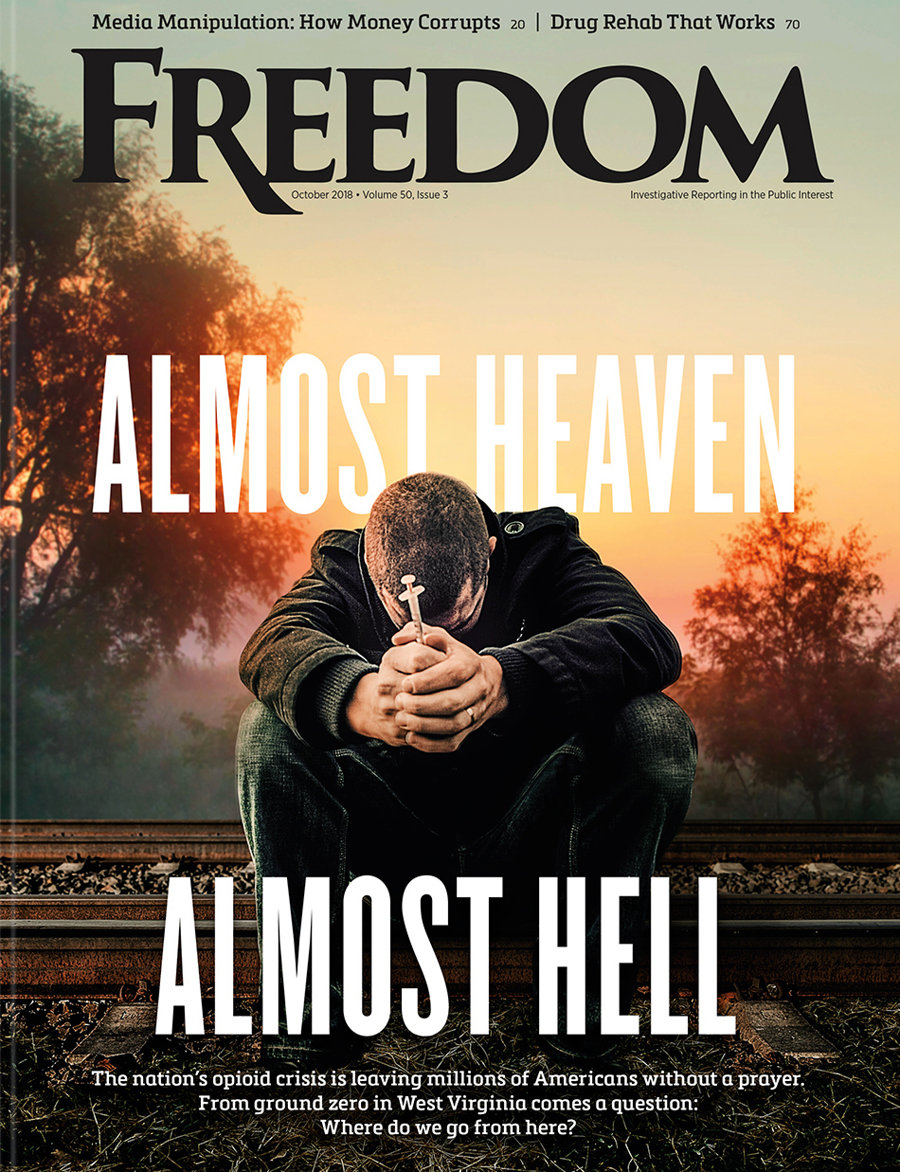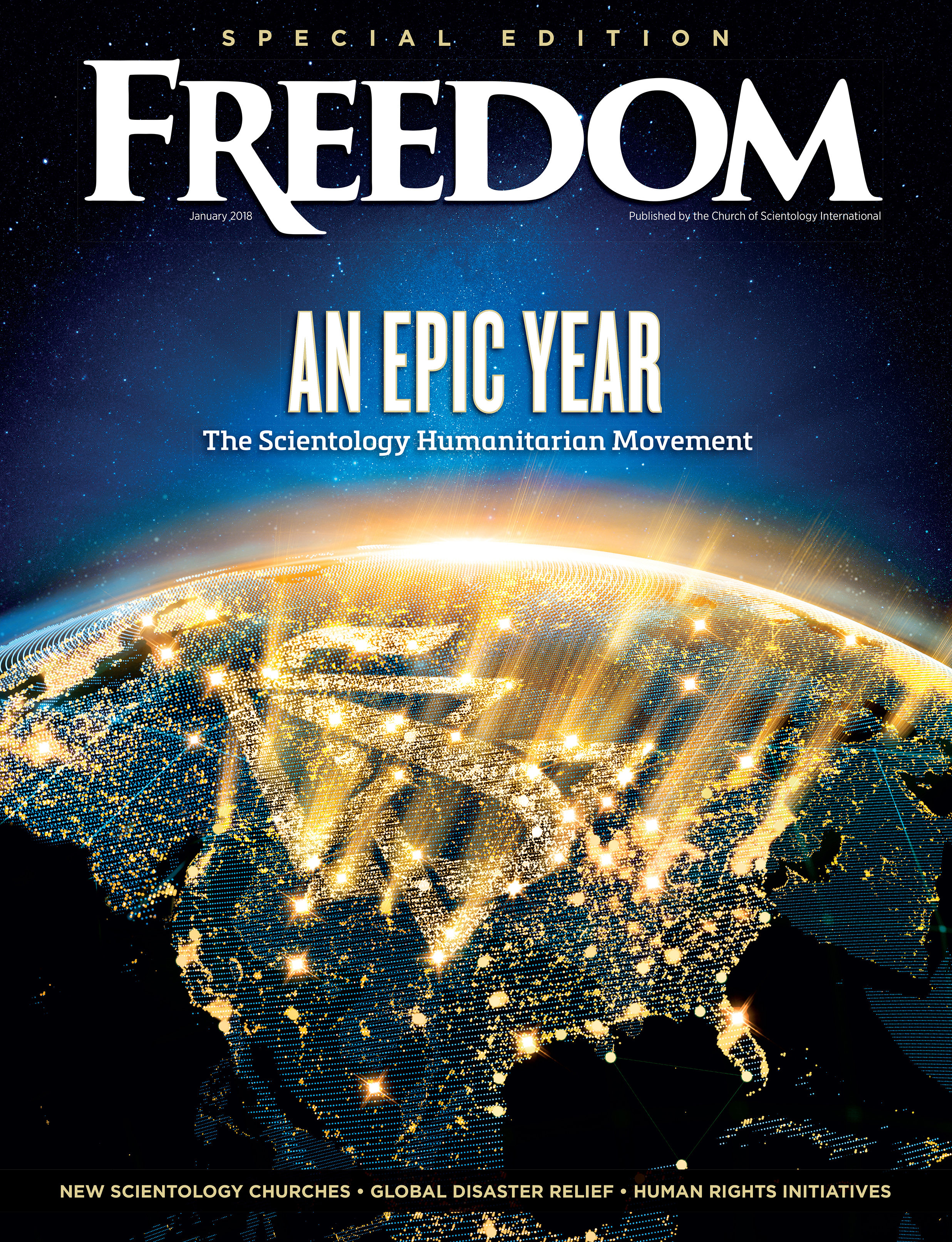A 22-year-old youth parliamentarian, artist and mental health advocate, Figueiredo died in July 2015 by ligature, using a trash bag at Goodmayes Hospital, a psychiatric facility run by the North East London NHS Foundation Trust (NELFT). It was her 19th recorded self-harm attempt during a five-month stay, nearly all involving the same risk: bin liners. Staff knew. They just didn’t care.
The systemic nature of this abuse is no longer speculative—it is documented, peer-reviewed, filmed and confirmed by state institutions and global bodies.
Now, nearly a decade later, NELFT and ward manager Benjamin Aninakwa have been convicted under the Health and Safety at Work Act—not for killing her, but for refusing to lift a finger to stop it. The message from the courtroom is clear. But the message from the system is louder: This is how it works.
The June 9 verdict, delivered after one of the longest jury deliberations in British history, marks the second time a trust of the National Health Service (NHS) has stood trial on a corporate manslaughter charge. The judgment should shake the foundations of public trust in psychiatric care, but it won’t—because the public record highlights not so much a chain of mistakes in a sordid pattern of abuse, but a rot that is foundational to the psychiatric industry.
In just the last year alone:
- A University of Birmingham study spanning 25 countries found that psychiatric patients are routinely degraded, silenced and retraumatized—often by staff whose behavior borders on sadism. Up to one in two patients exposed to seclusion or restraint emerge traumatized.
- At Bethlem Royal Hospital, 11 staff members restrained and beat 23-year-old Olaseni Lewis into unconsciousness, killing him. The practice that proved fatal—face-down “prone restraint” involving the disproportionate and inappropriate use of force—was banned by law in 2018. But it was still used over 3,700 times in 2024, injuring hundreds.
- In Hertfordshire, a recent study uncovered more than 750 cases of coercion, forced drugging and staff violence—much of it covered up. Patients described being treated “like a stray animal,” verbally mocked and pinned to the floor by staff who “seemed to enjoy confronting people.”
- At Scotland’s Skye House, a psychiatric unit for children, abuse took the form of mockery, forced sedation and verbal cruelty. Former patients described being dragged through corridors, forced to clean their own blood and drugged for staff convenience.
- In Coventry, the Care Quality Commission found that staff at Cygnet Joyce Parker Hospital used needless restraint on children, twisting joints and dragging them into compliance—with no attempt at de-escalation. Four of seven children interviewed said they no longer felt safe.
- And in the most staggering case of all, a nonverbal woman named Kasibba was imprisoned in a UK psychiatric facility for 45 years—half of them in solitary confinement. Her “crime”? Autism.
These are not oversights. They are operations. Alice Figueiredo was not “let down” by an overwhelmed institution. She was killed by a system calibrated for negligence and built on impunity. In her case, staff failed to report the vast majority of over 80 risk incidents. Ligature hazards were left in place. Warnings from her family and behavior were disregarded. And, crucially, the bin liners that had triggered previous attempts were never removed.
For the family, justice was partial but damning. “NELFT placed more value on their rubbish bins,” said Alice’s mother, Jane Figueiredo, “than they did on my daughter’s life.”

To the extent that her death differs from others, it is only in that it was prosecuted. But prosecutions are rare—and convictions rarer still. Most psychiatric deaths disappear under euphemisms like “incident,” “complication” or “deterioration.” Most victims are poor, disabled, young, Black, autistic or institutionalized long before they can tell their stories.
Alice Figueiredo, however, was heard—if only after her death.
The systemic nature of this abuse is no longer speculative—it is documented, peer-reviewed, filmed and confirmed by state institutions and global bodies. The United Nations has condemned all forms of coercive psychiatric practices, calling for a “zero-coercion” policy and likening forced treatments such as electroshock to torture. The US Senate, in reviewing affiliated facilities abroad, declared such treatment “inevitable and by design.”
This is not mental health care. It’s harm under license.
INQUEST, a UK charity that offers specialist guidance on state-related deaths and supports bereaved families, legal professionals, advocacy groups, journalists and policymakers, issued a blistering condemnation following Figueiredo’s case. “This trial has exposed how far [the NHS promise of safety and care] is from the truth,” said Deborah Coles, INQUEST’s director.
It is tempting to see Alice’s death as a tragic exception. But every aspect—from the ignored warnings to the postmortem bureaucracy—is painfully routine.
Her stepfather, Max Figueiredo, put it plainly: “There is scant consolation for me in this verdict because nobody can give us Alice back. But it is our deepest hope that this prosecution will lead to safe and respectful care for all those vulnerable mental health patients who are placed in hospitals.”
But what if it won’t? What if the “care” being offered is, in fact, the very cruelty it pretends to heal?
The sentencing of NELFT and Aninakwa remains pending. But the deeper sentence has already been passed—on a psychiatric system whose defining feature is its inhumanity.
As Freedom has repeatedly pointed out, this is not a broken model. This is the model. And unless it is dismantled root and branch, Alice Figueiredo won’t be the last. She’ll be just another name in a system built to bury them all.






















